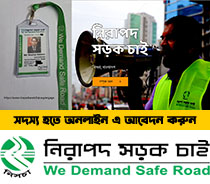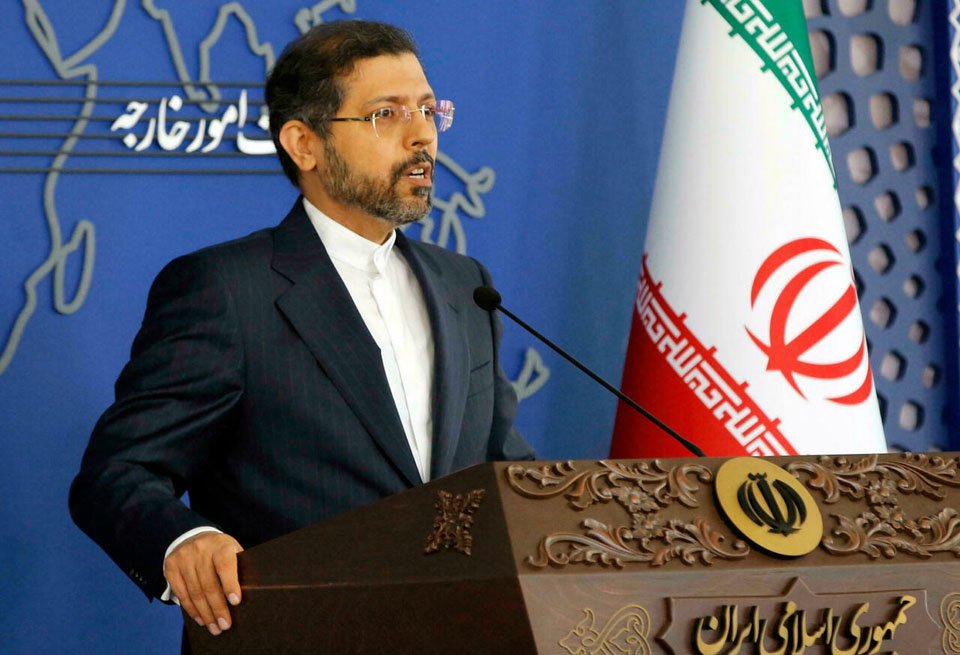The United States said Monday a deal was possible with Iran on its nuclear program but that an agreement had to be completed urgently as Tehran advances its capabilities, on the eve of renewed talks.
The negotiations — attended by China, France, Germany, Russia, United Kingdom, Iran and the United States — will resume in Vienna after being halted at the end of last month.
They come after parties in recent weeks cited progress in seeking to revive the 2015 accord that was supposed to prevent Iran from acquiring an atomic bomb, a goal it has always denied pursuing.
“A deal that addresses all sides’ core concerns is in sight, but if it is not reached in the coming weeks, Iran’s ongoing nuclear advances will make it impossible for us to return to the JCPOA,” a US State Department spokesperson said, referring to the 2015 framework agreement.
Parties have been negotiating in Vienna since last year with indirect US participation.
Former US president Donald Trump unilaterally withdrew from the pact in 2018 and reimposed tough economic sanctions on Iran, prompting the Islamic republic to begin pulling back from its commitments under the deal and step up its nuclear activities.
Iranian Foreign Ministry spokesman Saeed Khatibzadeh said the answers that “the United States brings tomorrow to Vienna will determine when we can reach an agreement.”
“We have made significant progress in various areas of the Vienna negotiations” including on guarantees that Iran seeks that a new US administration would not breach the deal once again, Khatibzadeh told reporters.
– ‘Decisive moment’ –
Experts say the Iranians have deviated so much from the restrictions of the 2015 deal that they are only weeks away from having enough fissile material to make an atomic weapon.
Washington has sought direct negotiations in this home stretch, but said talks remain indirect at Iran’s request.
German Chancellor Olaf Scholz called it “the decisive moment” in an interview with the Washington Post published Monday.
“We gave them a clear message that now this is the time for decisions and for progress, and not for prolonging the process,” he said. “We hope that they will use the chance.”
“We are five minutes away from the finish line,” Russian negotiator Mikhail Ulyanov said in an interview published Monday by the Russian daily Kommersant.
“A draft of the final document has been crafted. There are several points there that need more work, but that document is already on the table,” he continued.
On Friday, Washington made a gesture by announcing it was waiving sanctions on Iran’s civil nuclear programme, a technical step necessary to return to the 2015 Joint Comprehensive Plan of Action, or JCPOA.
The waiver allows other countries and companies to participate in Iran’s civil nuclear programme without triggering US sanctions on them, in the name of promoting safety and non-proliferation.
The move “should facilitate technical discussions necessary to support talks on JCPOA return in Vienna,” negotiators of Britain, France and Germany said in a joint statement Saturday.
For Iran, though, the move fell short.
“Real, effective and verifiable economic benefit for Iran is a necessary condition for the formation of an agreement,” Ali Shamkhani, secretary of Iran’s Supreme National Security Council, said in a tweet.
“The show of lifting sanctions is not considered a constructive effort.”
Shamkhani said Sunday that Washington and Tehran had so far failed to produce “balance” in their commitments during the Vienna talks.
“Despite limited progress in the #ViennaTalks, we are still far from achieving the necessary balance in the commitments of the parties,” he tweeted.



